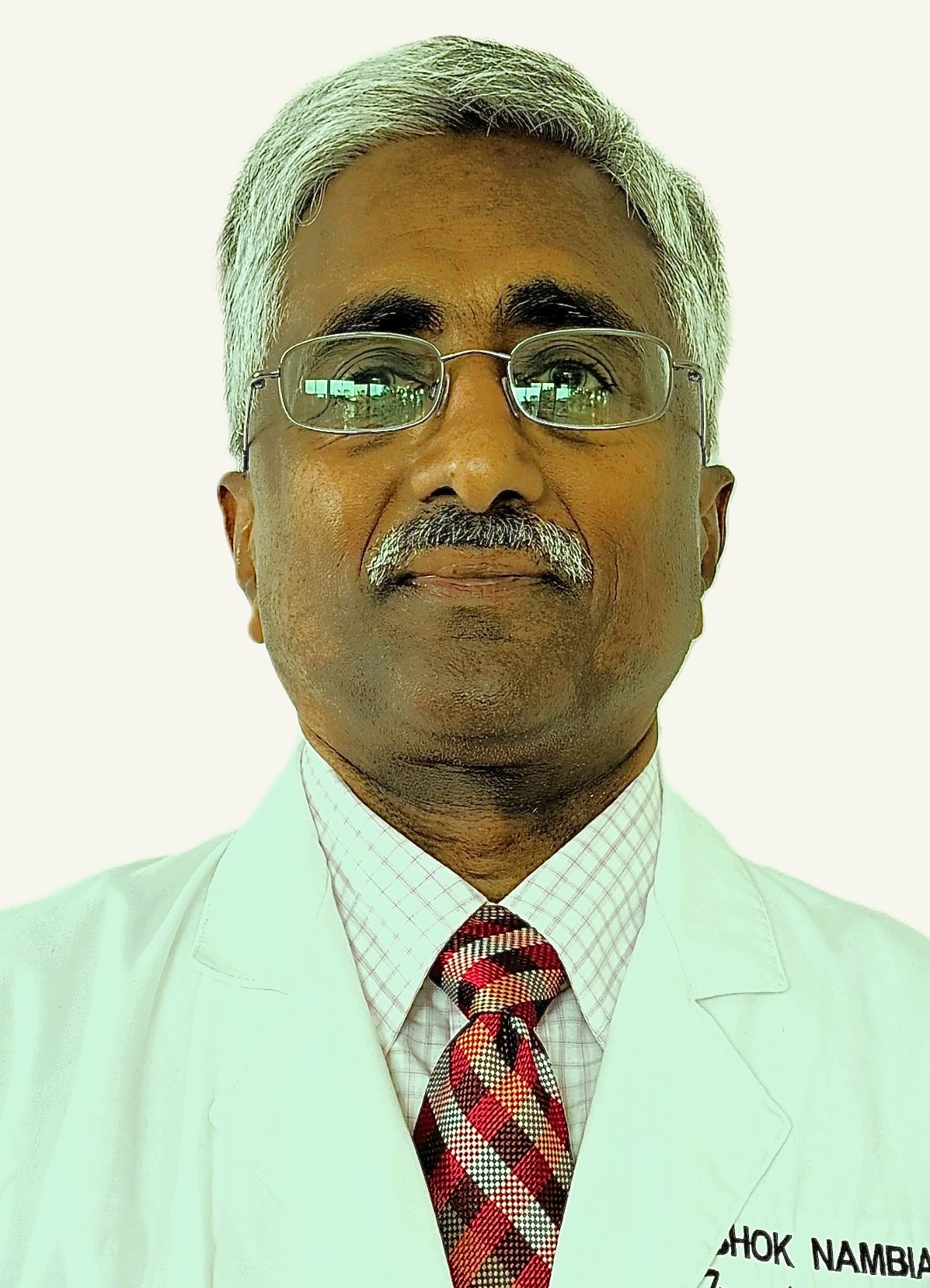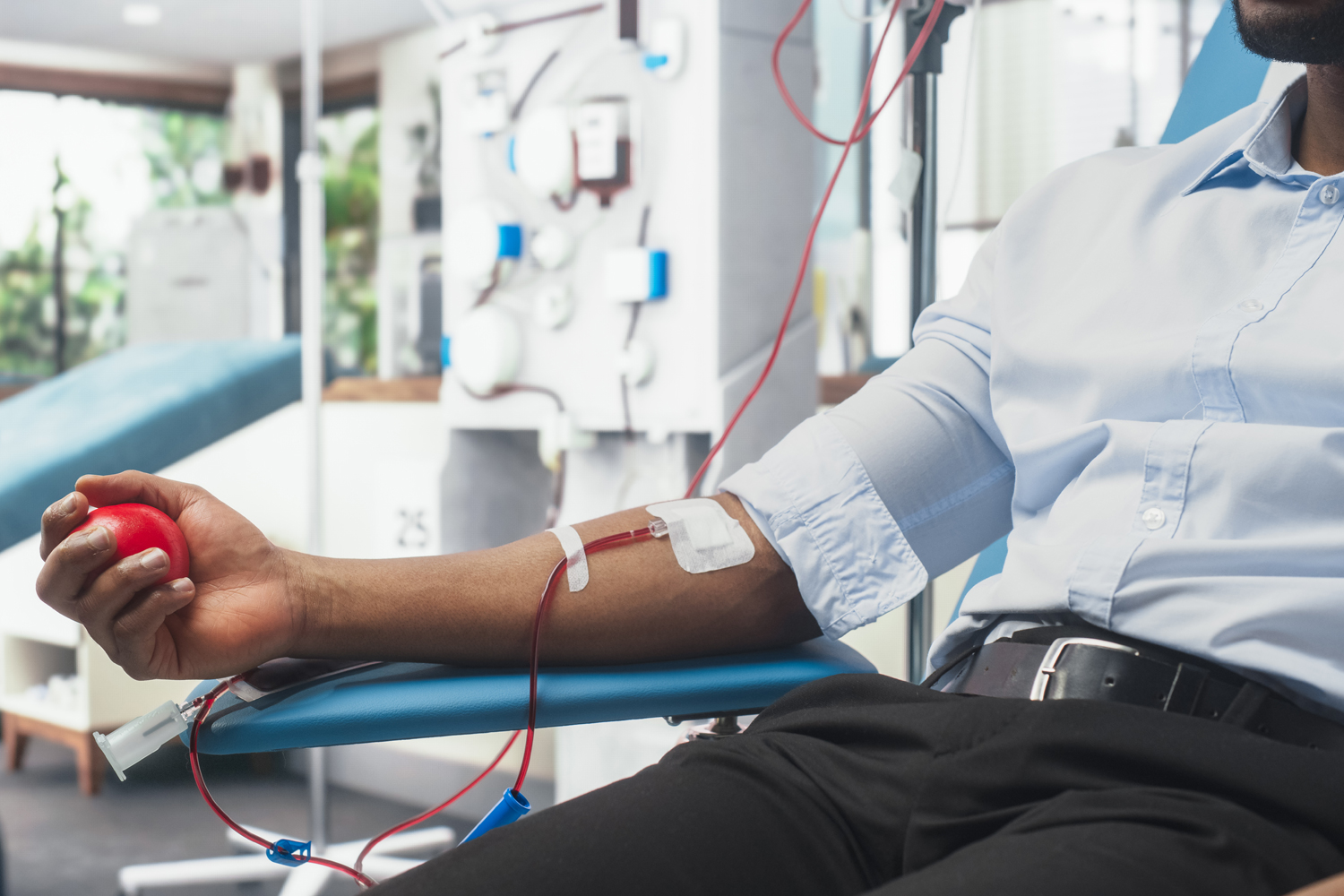Can I still donate blood after a cancer diagnosis?

Ashok Nambiar, director of transfusion medicine at UCSF Medical Center in San Francisco
The eligibility criteria to donate blood have evolved over time. In the past, cancer survivors often were excluded from blood donation. More recently, many countries, including the U.S., have moved to a more nuanced approach.
In general, people who have had blood cancer, including leukemia, lymphoma and multiple myeloma, are ineligible to donate blood or blood products. This policy is nearly universal, although some blood donation centers will allow adults who were cured of childhood leukemia to donate.
In the past, most U.S. blood donation centers allowed a person who had been treated for a solid cancer, such as breast or colon cancer, to donate blood if they had no evidence of cancer for five years. Driven by an urgent need for blood donors and recent studies that show the risk of transmitting cancer via blood donation is very low, most donation centers have updated their policies. People who have completed cancer treatment for a solid cancer and have been in remission for more than a year are now eligible to donate blood. If you had a low-risk form of skin cancer that rarely spreads, such as nonmelanoma skin cancer, you may be able to donate blood without waiting a year. Treatment for precancerous conditions won’t disqualify you either. While survivors may have a waiting period before they can donate, there is little to no evidence that it’s possible to transmit a solid cancer through the blood. Even the evidence for transmission of leukemia or lymphoma is weak.
In the U.S., blood donation centers have varying eligibility criteria, so those interested in giving blood should call their local center in advance and, if needed, seek clarification from the center’s medical team. In some cases, the staff at your center may not be fully versed in all cancer types and their implications for your eligibility to donate blood.
If you aren’t eligible to donate blood because of a previous cancer diagnosis, get involved in other ways. Blood donation centers welcome involvement, such as help with blood drives. Ask to speak with your center’s donor recruitment team to learn more about ways you can contribute.
BLOOD DONATION // The American Red Cross offers a tool to find a donation center or blood drive near you. // The American Cancer Society explains when cancer survivors can donate blood.
The expert’s response was edited for clarity and based on an interview with Kendall K. Morgan.
Cancer Today magazine is free to cancer patients, survivors and caregivers who live in the U.S. Subscribe here to receive four issues per year.





